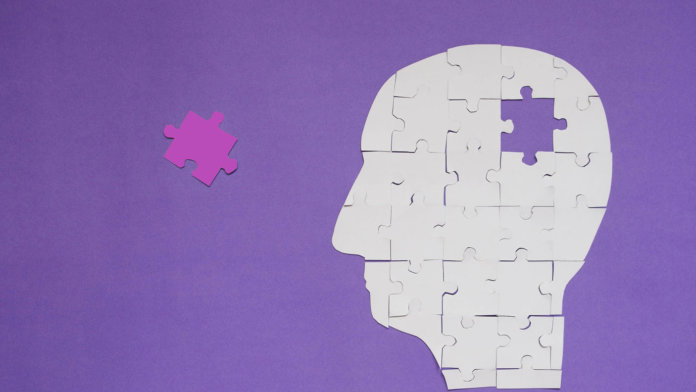In an interview at Exponential Medicine in San Diego, Singularity University faculty and speaker Dr. Divya Chander takes a look at how emerging technologies are letting us peer inside the human brain like never before.
As an anesthesiologist and neuroscientist at Stanford University, Chander specializes in measuring brain activity and depth-of-consciousness in patients using tools like high-frequency EEG technology.
During her interview, Chander outlined how CRISPR gene editing and stem cells are being applied in neuroscience. She said, “We are beginning to rewire the brain from the inside out. We’re cutting out things that don’t work at the level of the nucleus. We’re actually correcting diseases before they even express themselves.”
As excited as Chander is about the advances in her field, she’s well aware of the precautions we need to be taking while innovating in neuroscience.
Chander believes this is an ethical conversation that needs to happen across the board and in every country. She warns we can’t just leave the conversation to neuroscientists or entrepreneurs alone.
“One of our biggest ethical problems is: all of this technology that’s hacking the neural code can non-invasively read brainwaves in a way we’ve never been able to do before,” Chander said. “There’s a group at the University of Alabama that actually found that if you’re wearing an EEG cap and someone’s typing in a password, you can hack the password. Using optogenetics we can implant false memories into mice.”
At the end of the interview Chander highlighted both the positive and cautionary power of technology, and said it’s up to us to direct its course.
“I like to remind everybody that this technology has the power to transform humanity in the most beautiful way possible, but we have to remember there are going to be certain things we need to consider, like the ramifications of this technology on a global scale.”
Image Credit: Orawan Pattarawimonchai / Shutterstock.com



